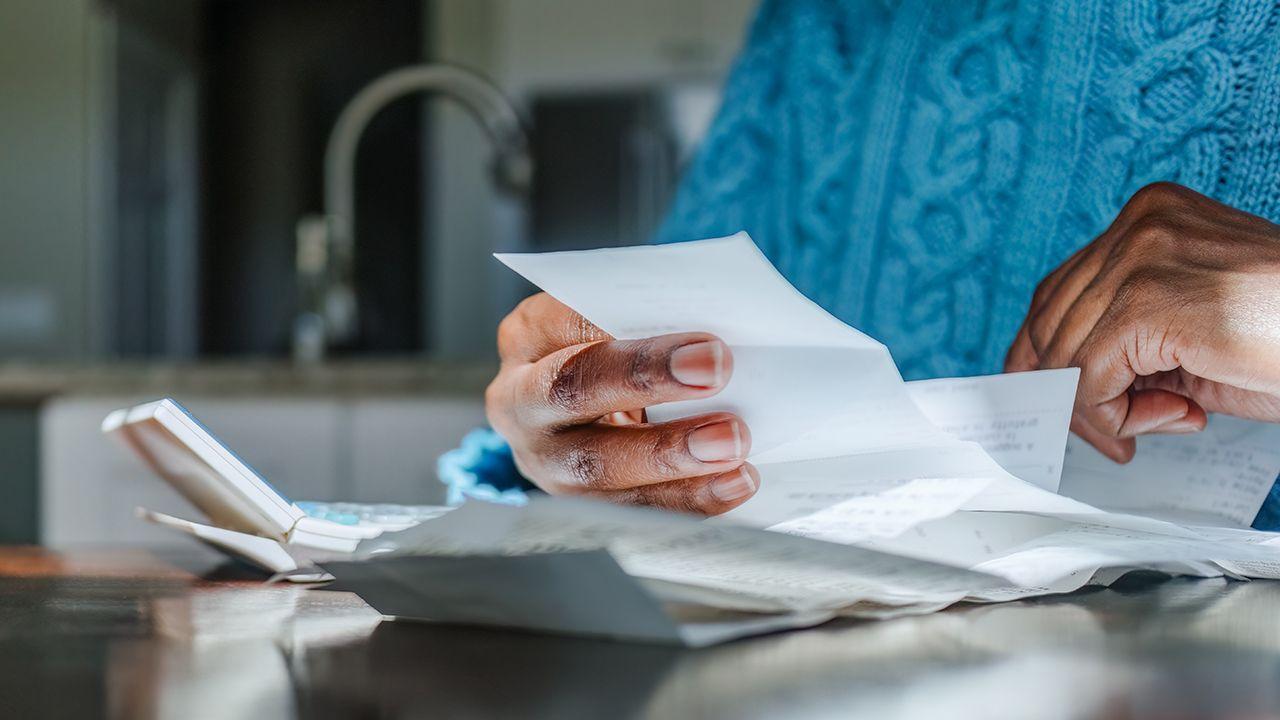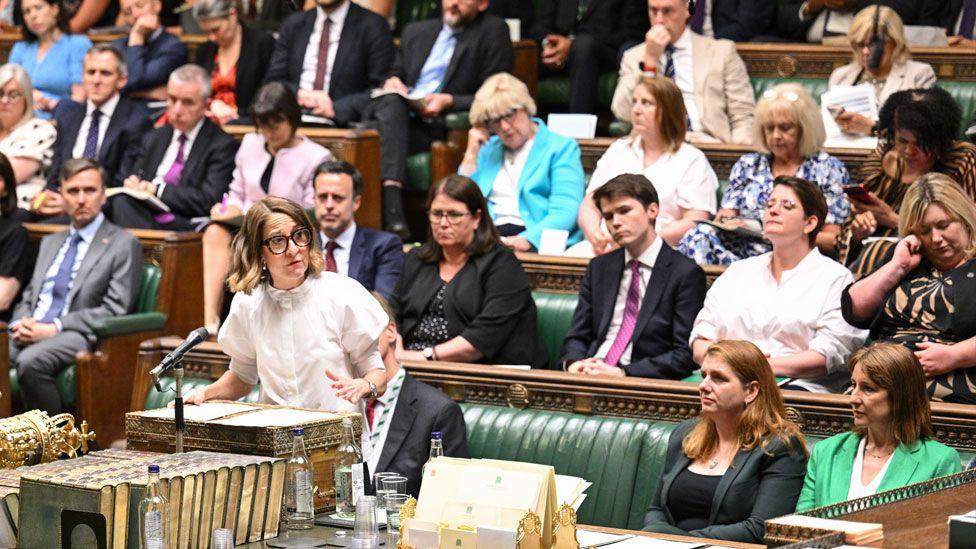Government benefits plan 'keeps me up at night'
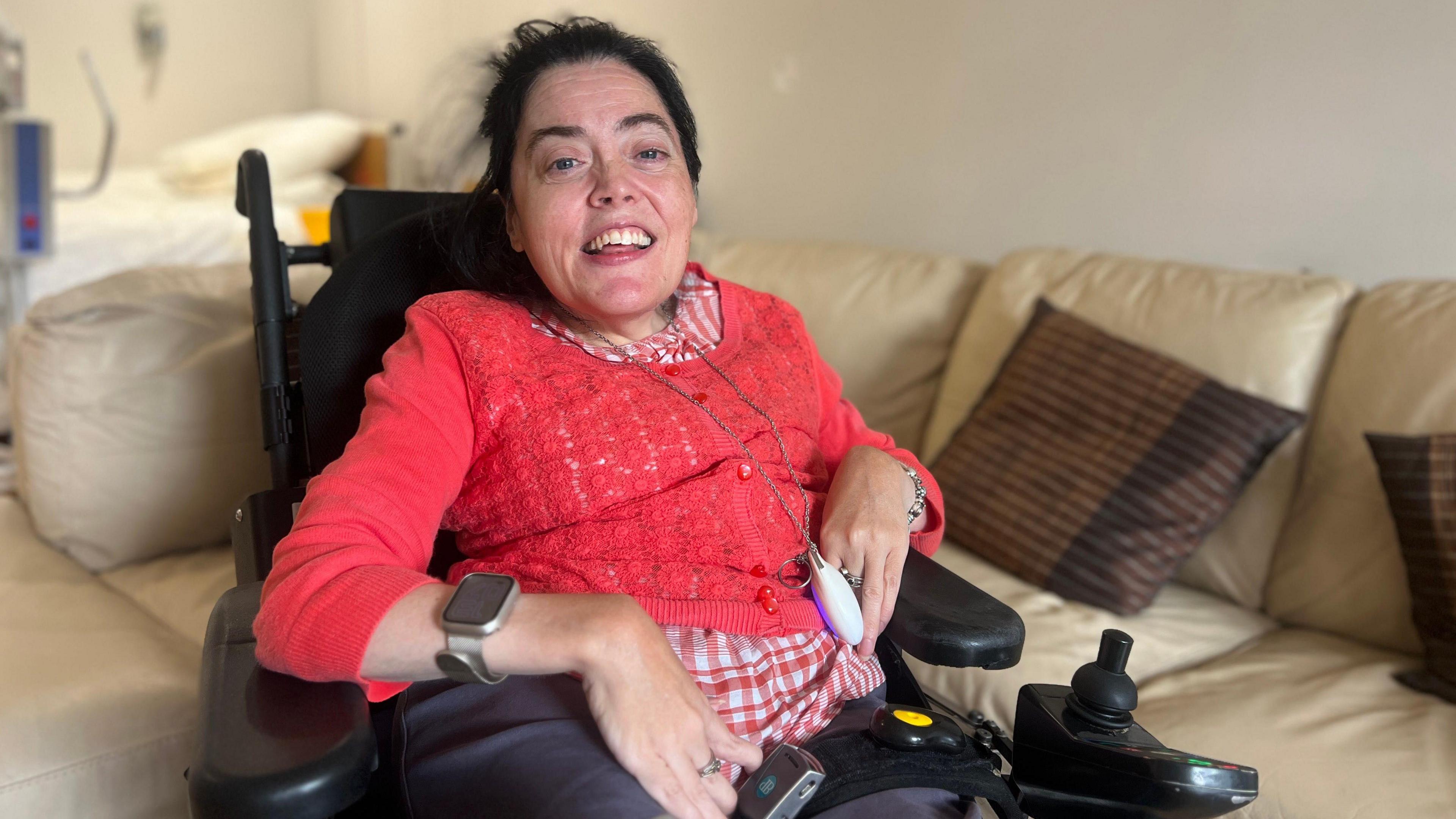
Joanne Sansome doesn't trust the government after its handling of welfare
- Published
A Belfast woman with cerebral palsy who receives health and disability benefits says controversial plans to change the current system keep her up at night with worry.
Joanne Sansome, who uses a wheelchair and is in assisted living, said Labour's plans were a "smokescreen".
Northern Ireland MPs were among politicians at Westminster to vote against the government's controversial plan to change health and disability benefits, but it has passed despite cross-party opposition.
The government won the vote but with a reduced majority of 75, having faced criticism from MPs within its own party.
The DUP, SDLP, Alliance, UUP and TUV had all expressed concerns about the impacts of the legislation if it passed.
On Tuesday evening the government's welfare bill passed by 335 votes to 260 after ministers made last-minute concessions.
The government had already watered down its plans once by reversing cuts to universal credit and protecting current claimants of personal independence payment (Pip) from stricter eligibility rules.
However, some Labour MPs were still concerned the new eligibility criteria for claiming Pip would come into force before the recommendations of a review could be implemented.
Fearing a humiliating defeat in Parliament, the government announced another U-turn, telling MPs it would not change Pip rules until it had time to consider the review's conclusions.
Some Labour MPs were angry that concessions came too late to be voted on Tuesday - instead, they will have to be added to the bill at a later stage.
'Disabled people are always hit hardest'
Speaking to BBC News NI as the debate got under way, Ms Sansome said it "doesn't seem to matter who's in power as disabled people are always hit hardest".
She said she understood concerns about the current welfare system but said changes needed to happen "with us, not without us".
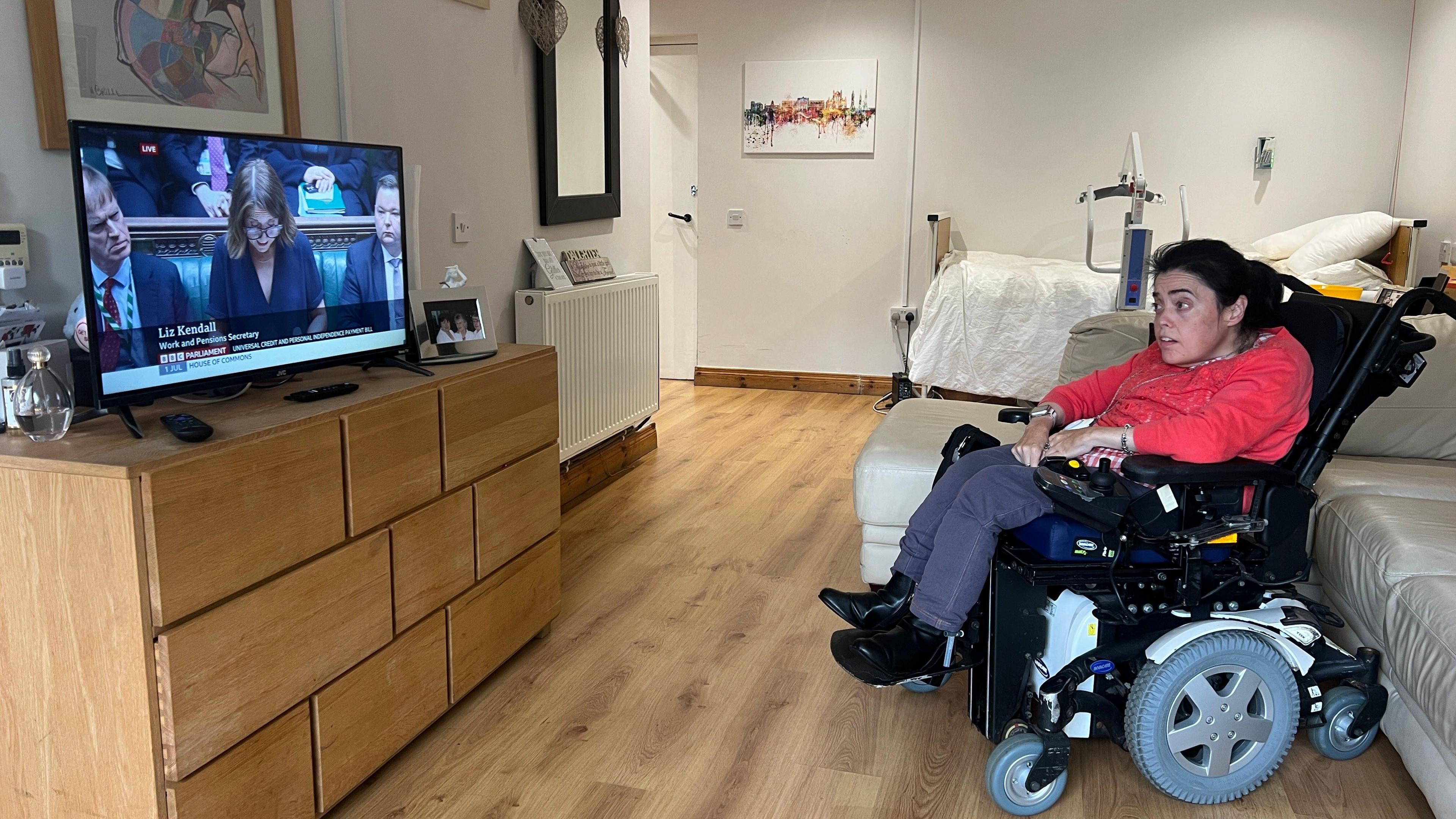
Joanne Sansome watching the debate on her TV at home
Ms Sansome receives Pip and under the planned changes will continue to receive it, but she said the government's handling of the issue meant she did not trust Labour over it.
"What's to say they won't down the line decide to take benefit off me temporarily if they decide to change things again, could we be reassessed under the same conditions as new claimants?
"The government is failing us on so many levels. I worry not just for myself but for people who can't voice their concerns. Some young people might be lucky and have good parents to fight for them, but until we're all equal, nobody is equal."
The benefits system is devolved in Northern Ireland but in practice the Stormont administration mostly copies what is happening in England and Wales.
The Northern Ireland Executive does not have the resources to mitigate Labour's plans, Communities Minister Gordon Lyons has said.
'Clear attack on disabled people'
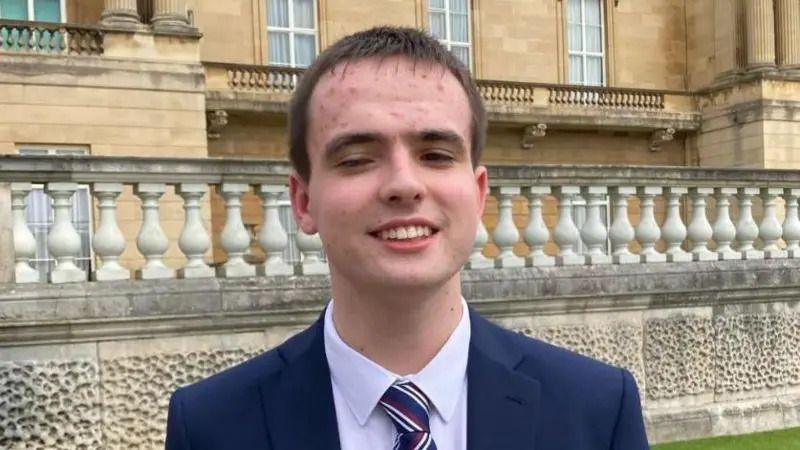
Andrew Hamilton says disabled people will suffer
Andrew Hamilton, from Bangor, County Down said the proposed bill was a "clear attack on disabled people".
Mr Hamilton, who has cerebral palsy and receives Pip, told Good Morning Ulster: "The system needs to be more user-centric, it needs to be more focused on what the disabled person can do," he said.
"To get people back into work they need to put measures in where disabled people aren't discriminated against and employers are supported."
The disability rights activist, who founded the Just Include UK campaign group, said the government bill was "not the answer".
"Pip supports many disabled people to continuing working, the cost of transport to maintain employment," he said.
"The government needs to support people instead of trying to take away stuff."
Pip is a 'massive lifeline'
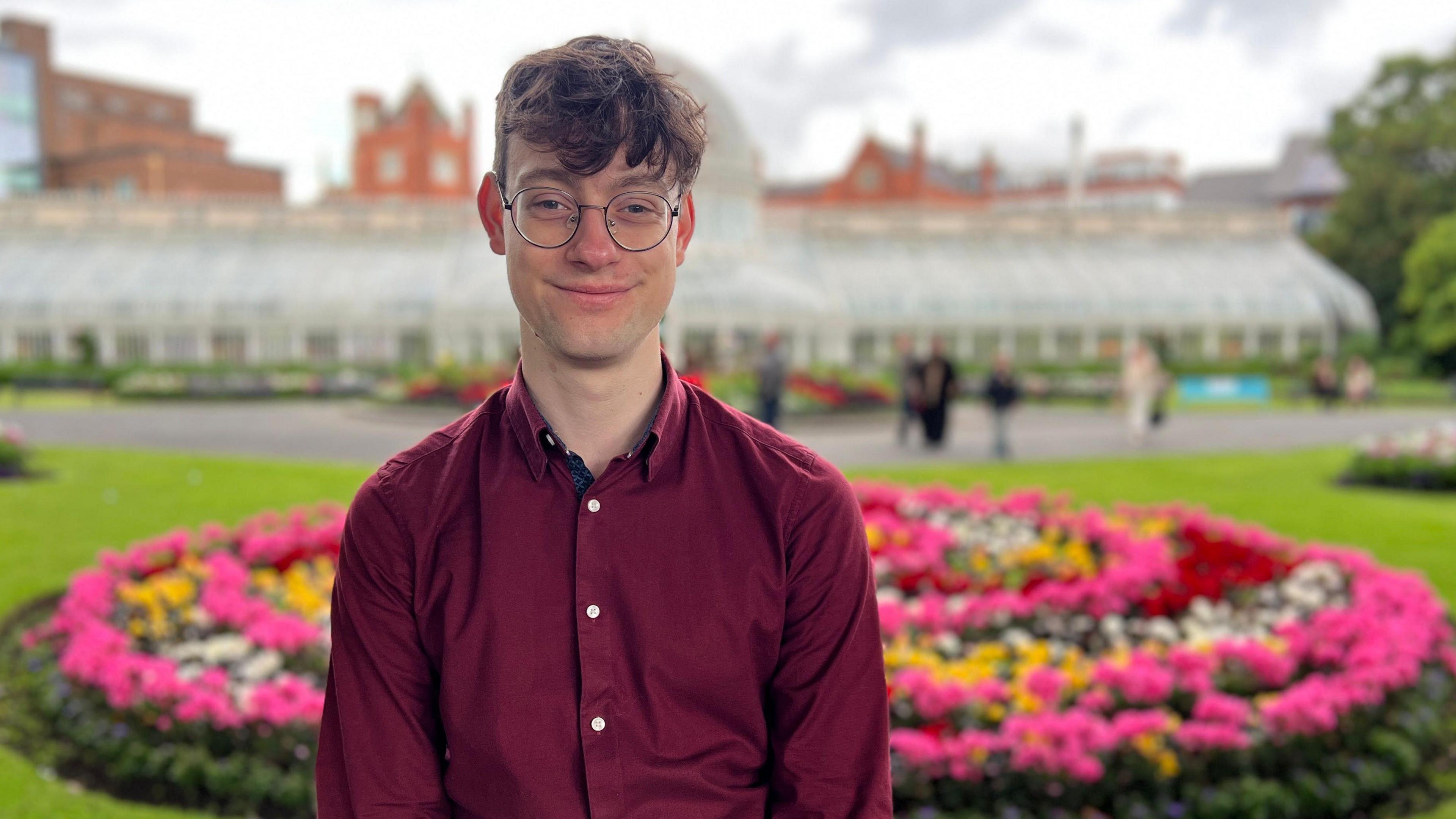
Matthew Taylor is a mental health campaigner
Matthew Taylor, a mental health campaigner, has concerns young people with mental health issues will find it tougher to claim benefits like Pip.
He described the payments as a "massive lifeline" that allowed people to access support privately while on a waiting list.
"There are much better ways of doing this than putting the changes on the backs of disabled people," he said.
"The government is engaging in a campaign of stigmatising mental health and disabilities - but Pip is for additional needs.
"Using this language of wanting to get people 'back into work' ignores the fact it is not a work-related benefit."
He said the changes, which would tighten eligibility criteria in future, would create a "two-tier system" that would have negative effects for children and young people as they grow up.
What are Northern Ireland's MPs saying?
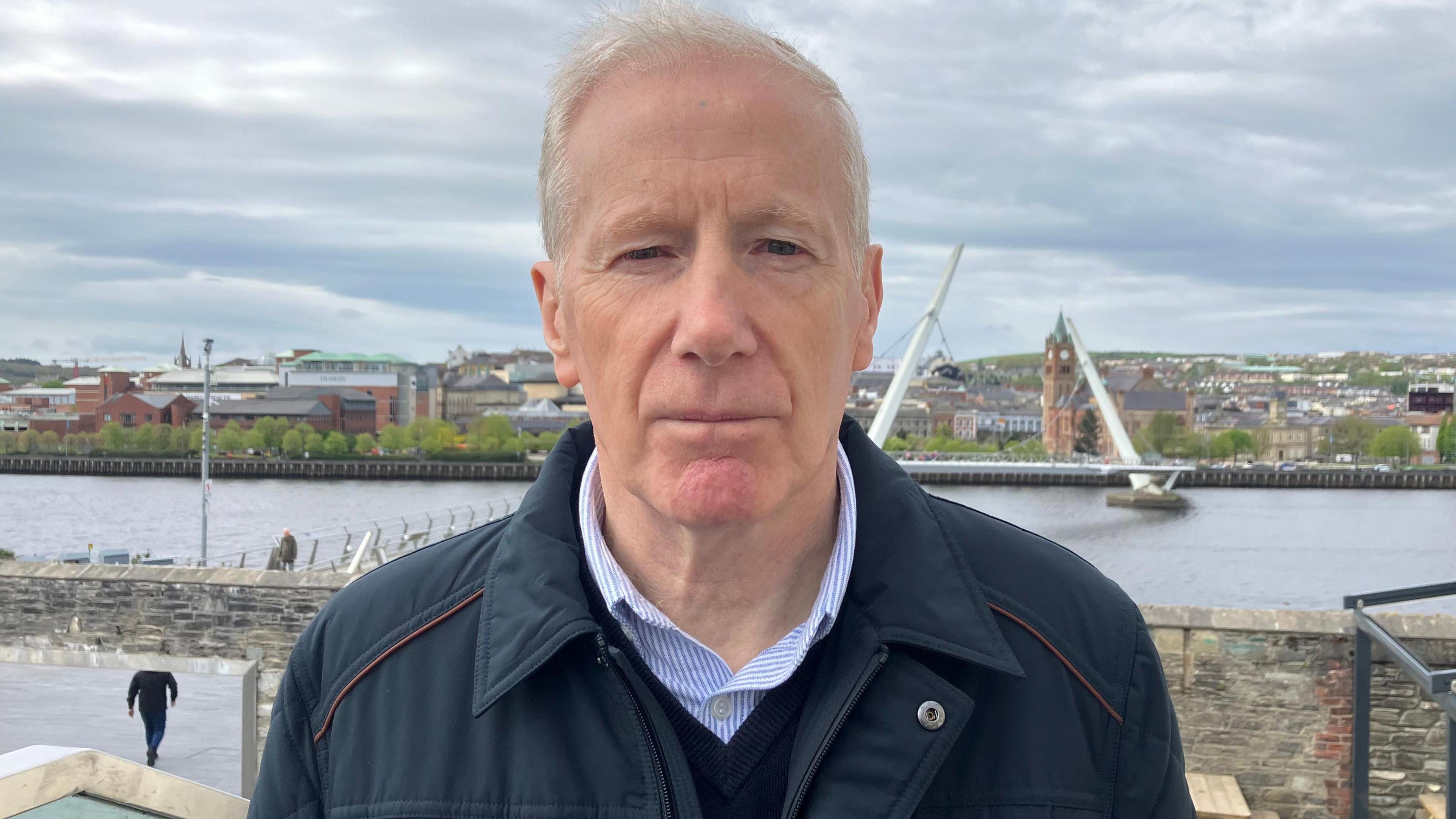
Gregory Campbell said the bill will impact the most marginalised negatively
Before the vote on Tuesday The Democratic Unionist Party MP Gregory Campbell told Good Morning Ulster that while the government's position had "changed slightly" he would vote against the proposed bill.
"The marginalised and the people who are going to be most directly affected are going to be impacted very negatively by the government's proposals," he said.
"I think the overall welfare budget has to be addressed."
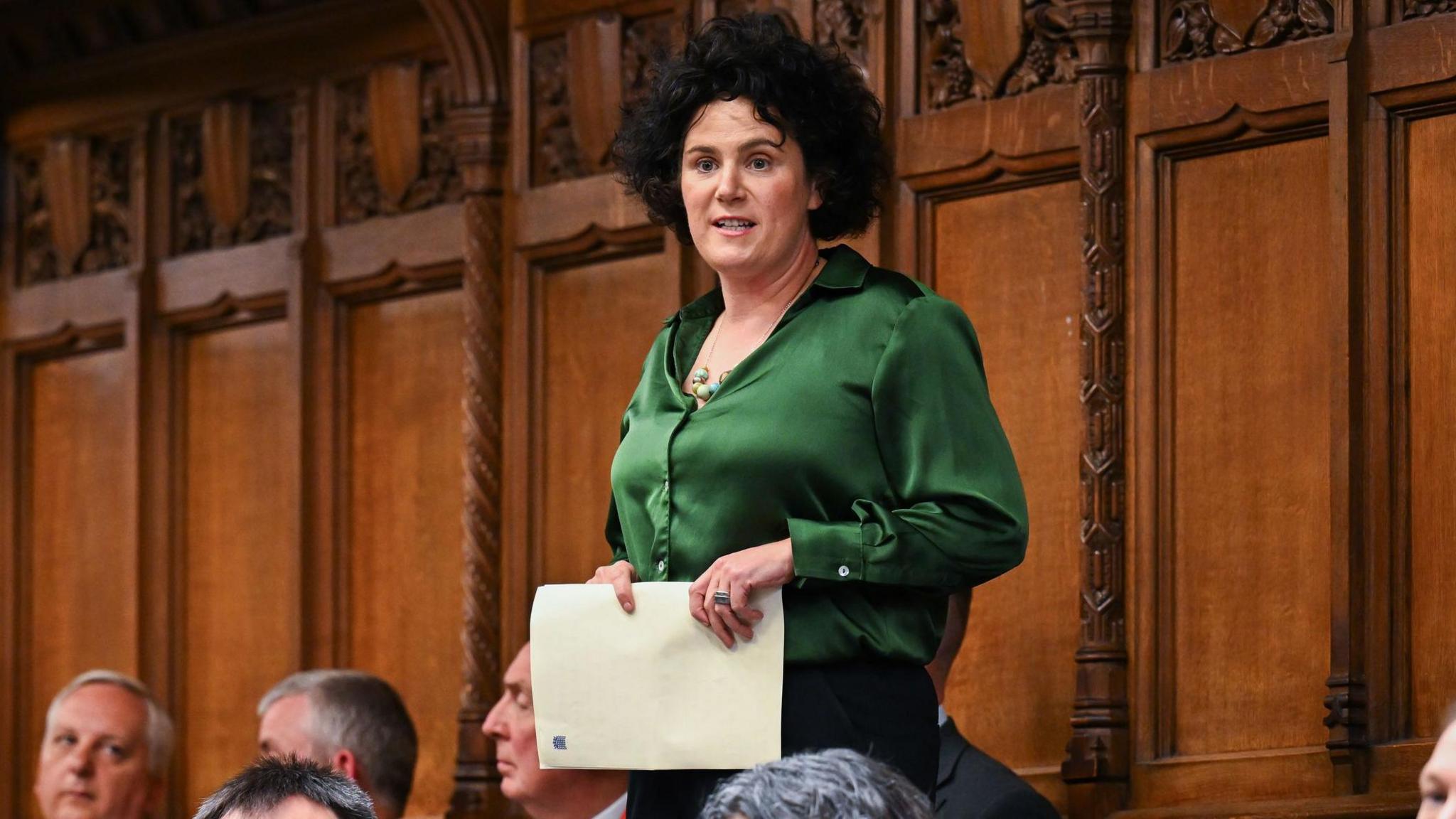
Claire Hanna said that the bill will be an "economic shock" to those in Northern Ireland
Social Democratic and Labour Party leader Claire Hanna said the bill "puts the fiscal horse before the employment cart".
Hanna said that in England an employment bill has just passed but one in Northern Ireland was "not even out of the traps".
"Devolution is about using the powers that we have to protect people here."
Hanna said it will be an "economic shock" for those in Northern Ireland as there is a higher claimant rate than the rest of the UK.
What are the government's plans?
Following the concessions made by the government, people currently receiving Pip, or the health element of UC, will continue to do so.
However, the planned cuts will still affect future claimants.
Pip includes a daily living component and a mobility component. Claimants may be eligible for one or both.
The assessments involve questions about everyday tasks, with each scored from zero - for no difficulty - to 12 - for most difficulty.
From November 2026, the government says people will need to score at least four points for one activity to qualify.
Existing claimants who request a reassessment after November 2026 - for example, because of worsening health - will be considered under the new rules.
More than three million UC recipients have no requirement to find work due to their health, a number that has risen sharply.
The basic level of universal credit is £400.14 a month for a single person aged 25 or over.
But if someone has limited capacity to work because of a disability or long term condition, this payment more than doubles, because of an incapacity top-up worth £423.27.
Under the government's proposals, claimants will no longer be eligible for this until they are aged 22 or over.
New claimants will also see this top-up fall from £97 per week in 2025-26 to £50 a week by 2026-27, before being frozen until the end of 2029-30.
The government had planned to freeze the higher rate for existing health-related claimants but this will now rise in line with inflation.
The basic payment level for universal credit will rise to £106 a week by 2029-30.
- Published30 June

- Published1 July
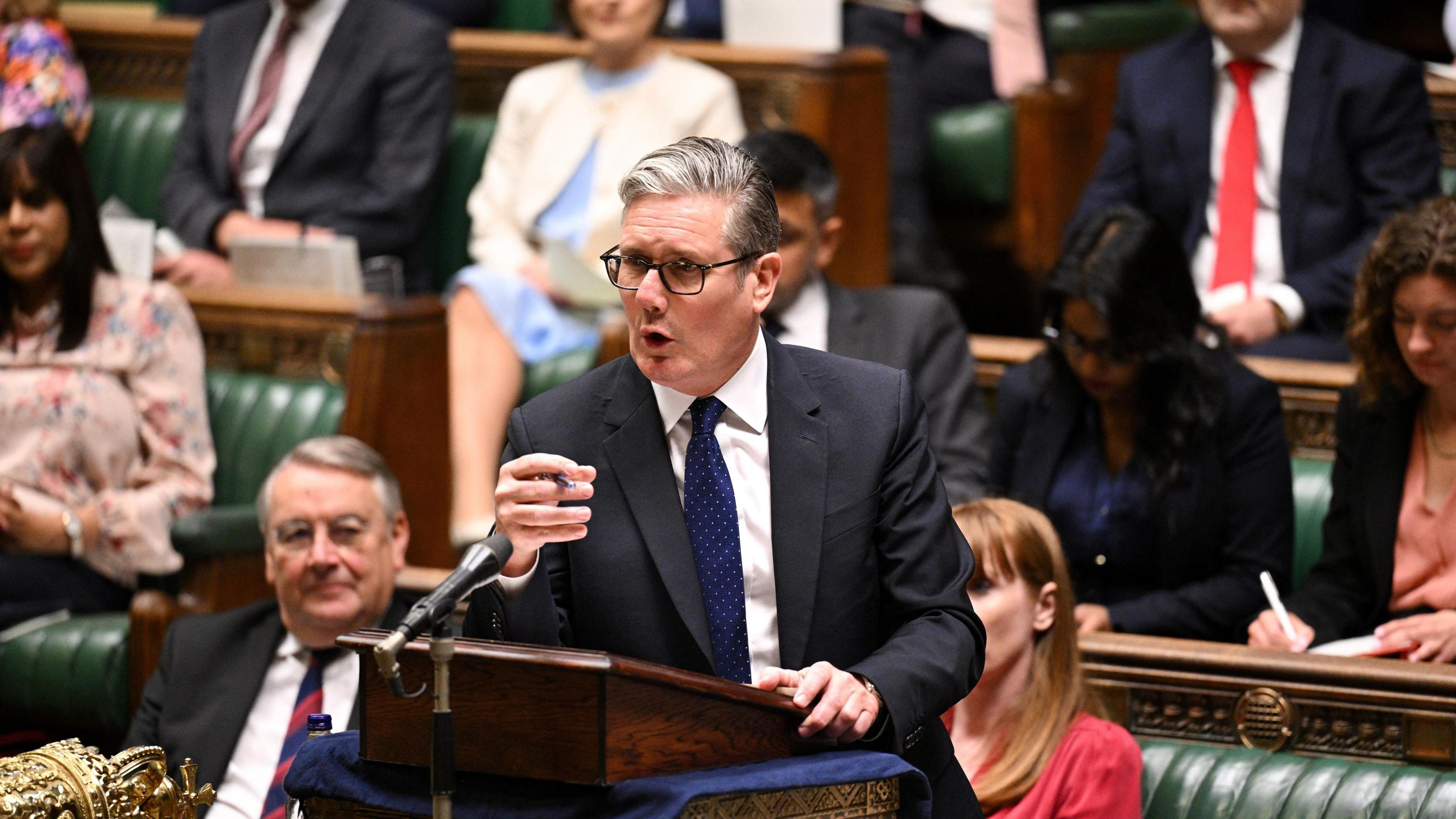
- Published18 March
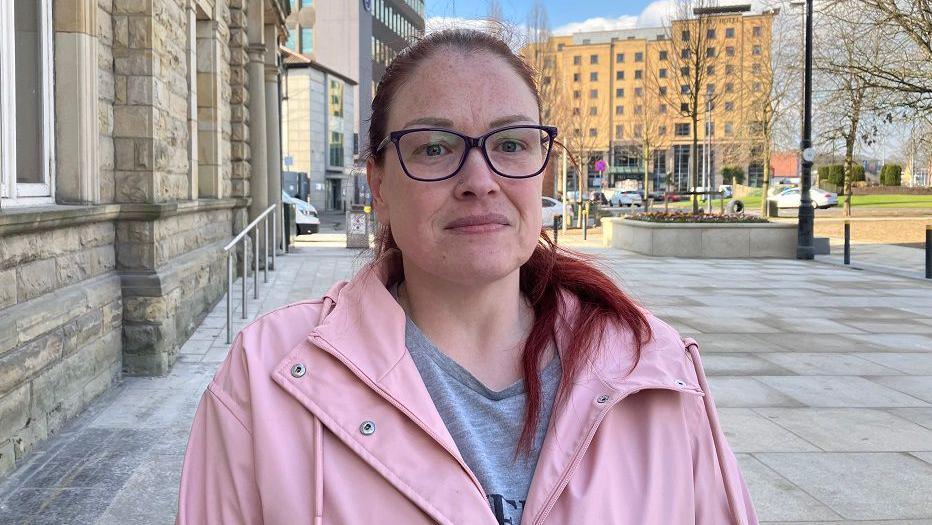
- Published2 July
